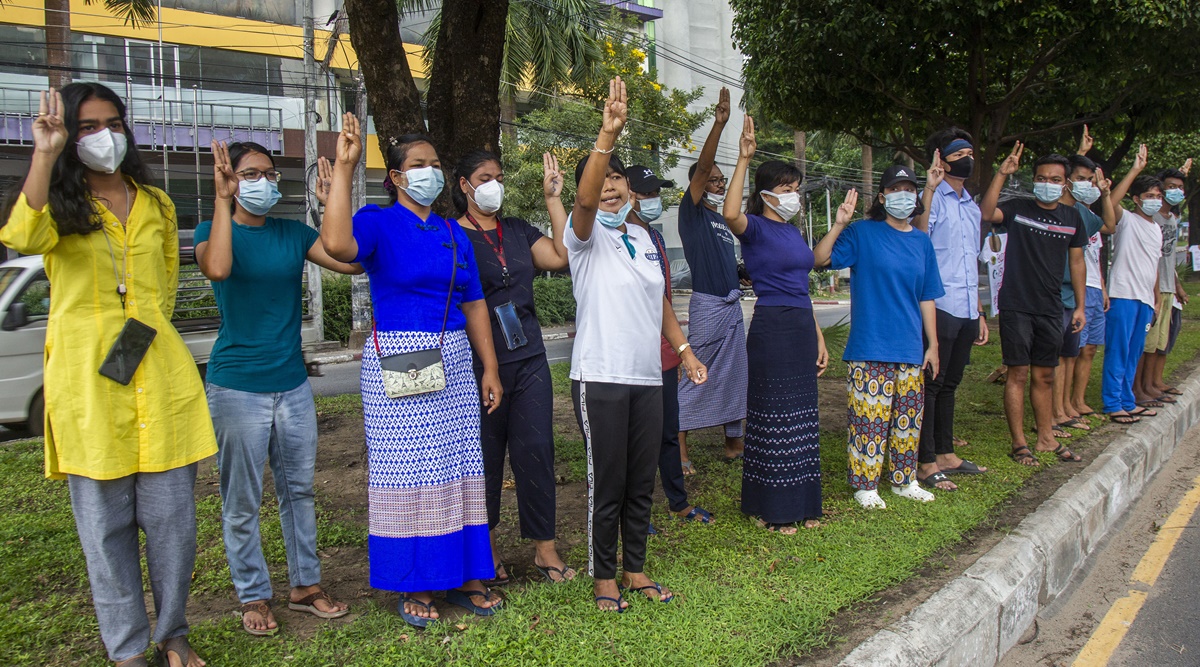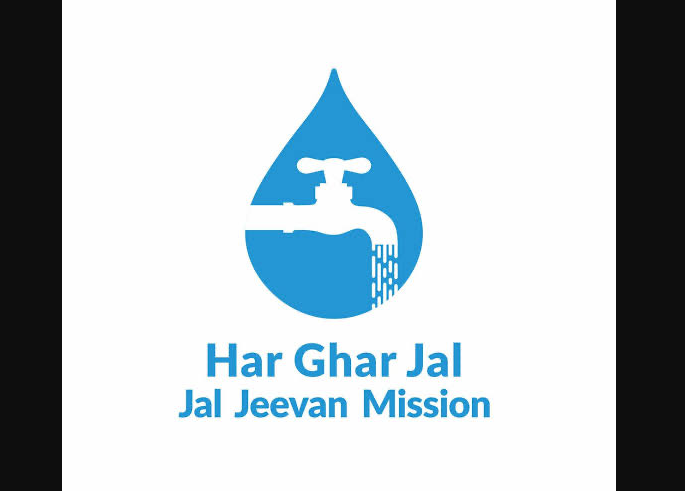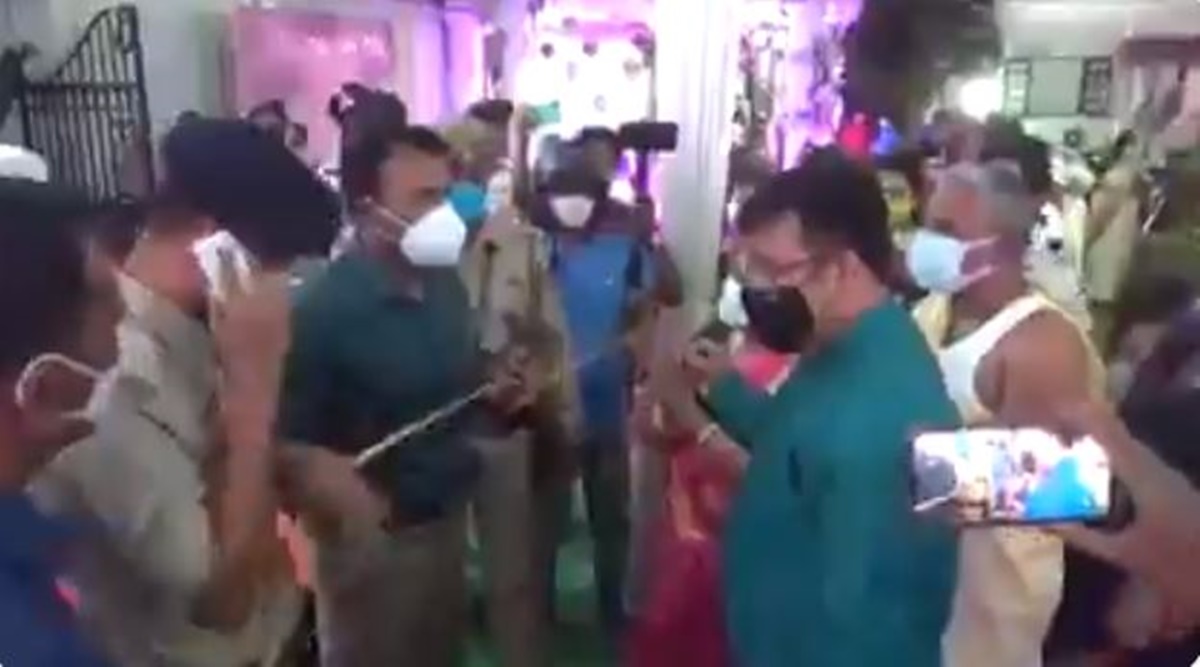“They
fled the country of their origin under imminent threat to their lives
and liberty. In such a situation, insisting that they first answer for
admitted violations of our domestic laws...would be palpably inhuman,”
the bench observed.
 Anti-coup protesters flash the three-finger salute during a demonstration at Yangon, Myanmar, in April. (Photo: AP)
Anti-coup protesters flash the three-finger salute during a demonstration at Yangon, Myanmar, in April. (Photo: AP)
“They fled the country of their origin under imminent
threat to their lives and liberty. In such a situation, insisting that
they first answer for admitted violations of our domestic laws…would be
palpably inhuman,” the bench observed.The High Court of Manipur on
Monday ordered safe passage to seven Myanmar nationals, stranded at a
border town in Manipur, to travel to the United Nations High
Commissioner for Refugees (UNHCR) in New Delhi.
It is learnt that three of the seven Myanmar nationals are journalists working with Mizzima News, while the rest are their kin.
The order was issued by a division bench comprising Chief Justice
Sanjaykumar and Justice Lanusungkum Jamir, in response to a petition
filed by one Nandia Haksar. The petitioner approached the court to pass
an order for safe passage to the seven Myanmar nationals to seek
protection from UNHCR.
In the course of the hearing, the bench noted that though India has
no clear refugee protection policy or framework, it does grant asylum to
a large number of refugees from the neighbouring country. It further
noted that India usually respects UNHCR’s recognition of the status of
such asylum seekers, mainly from Afghanistan and Myanmar.
Citing this, the court observed that the seven in question are not ‘migrants’, as normally understood, but are ‘asylum seekers’.
“They did not enter our country with the clear-cut and deliberate
intention of breaking and violating our domestic laws. They fled the
country of their origin under imminent threat to their lives and
liberty. They aspire for relief under International Conventions that
were put in place to offer protection and rehabilitation to
refugees/asylum seekers. In such a situation, insisting that they first
answer for admitted violations of our domestic laws, as a condition
precedent for seeking ‘refugee’ status, would be palpably inhuman,” the
bench observed.
In his argument, S Suresh, Assistant Solicitor General, cited the
provisions of the Foreigners Act, 1946; the Foreigners Order, 1948; and
the Registration of Foreigners Act, 1939; in support of his contention
that these seven persons, who admittedly entered the country illegally,
should first face the consequences of their unlawful acts.
The counsel further asserted that the Constitutional freedoms
available under Article 19 are limited to citizens and these seven
persons cannot claim such freedoms under Articles 19(1)(d) and 19
(1)(e), with regard to moving freely or residing/settling in any part of
the territory of India.
The petitioner, on the other hand, stated that after a military coup
in the neighbouring country in February, the military junta banned
Mizzima news and arrested several journalists. As such, the journalists,
with their family, fled their country. They entered India and have
taken shelter at Moreh border in Tengnoupal district of Manipur.
The petitioner maintained that the Myanmar nationals feared they
would be sent back by the Assam Rifles, as they had come without proper
travel documents.
Earlier in March, the Ministry of Home Affairs had directed the
authorities of the border states in the North-East and the Assam Rifles
to check the flow of illegal migrants from Myanmar in the wake of the
coup.












